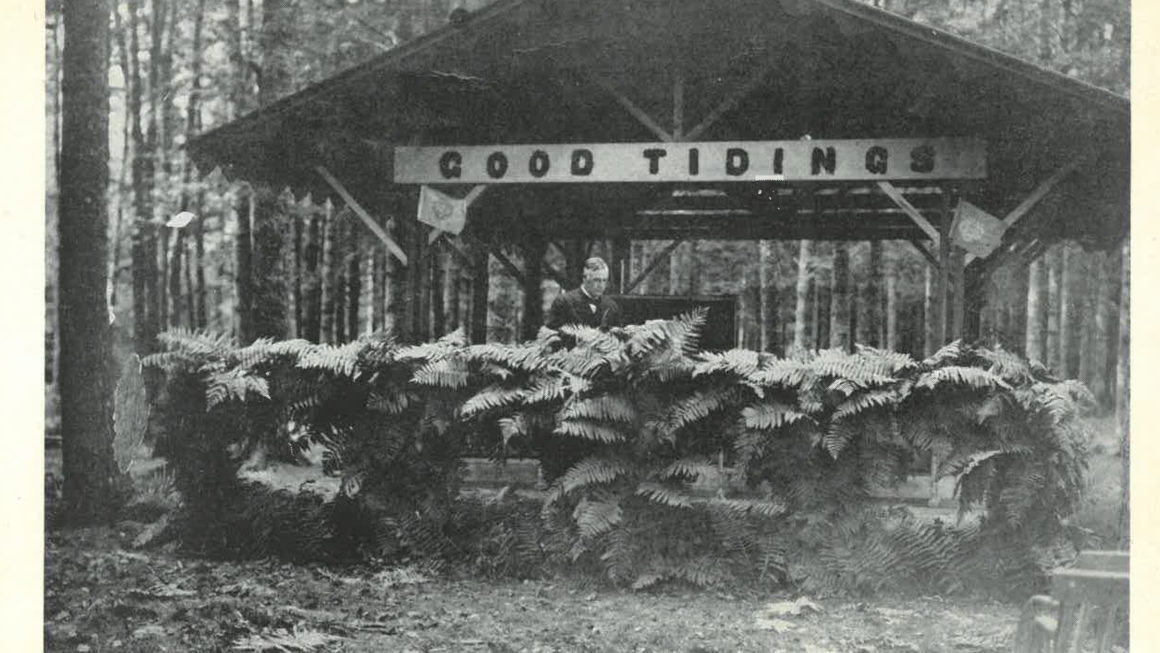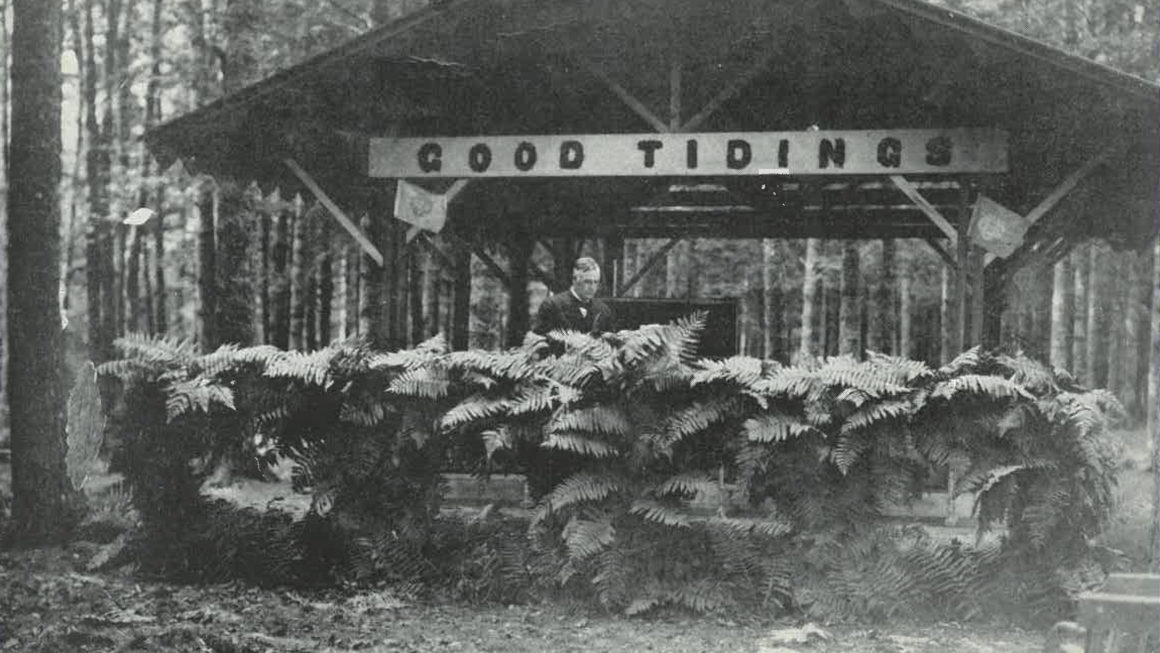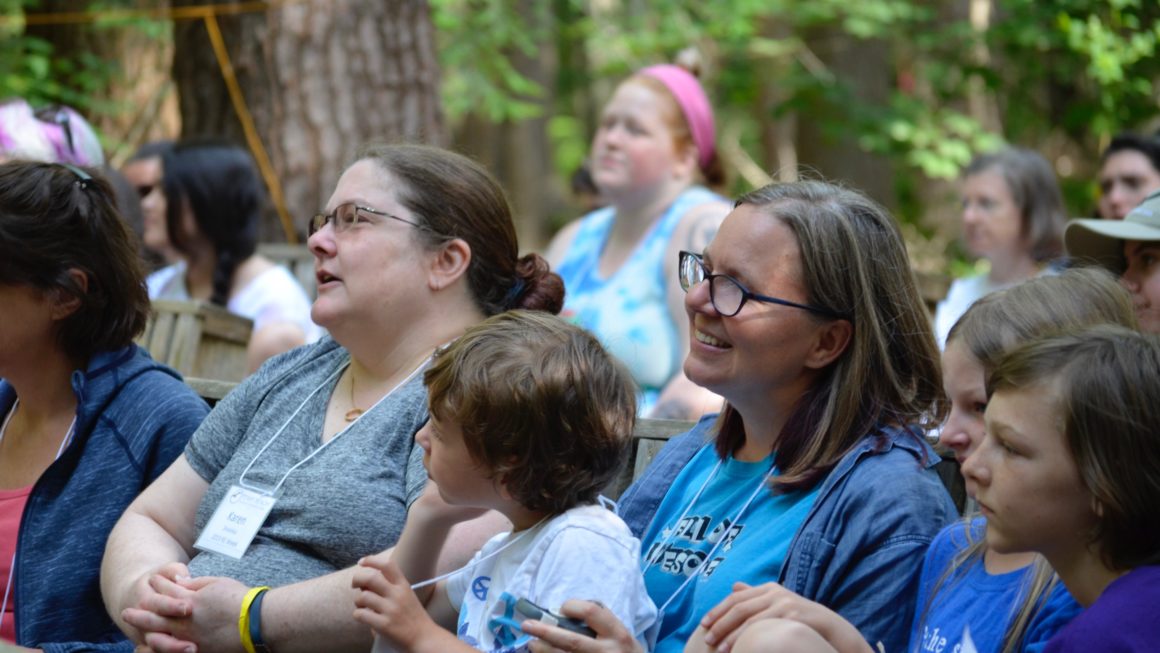“I am open and I am willing
To be hopeless would seem so strange
It dishonors those who go before us
So lift me up to the light of change.”
(“I Am Willing,” Holly Near)
The last of the Ferry Beach flags have been taken down and the water drained
from the pipes underneath Rowland, Quillen and Underwood. The rocking chairs on
the porches will be put into their respective buildings and the benches in the
Grove into the Rose Pavillion. The trunks of trees rising high up in the Grove
stand out in this now almost leafless landscape here in the semi deciduous
hemlock forests of southern Maine.
It is time for our tiny staff to catch its collective breath and finish putting
all of the details into the descriptions of our 2014 Summer Conference season
while also making sure we have the campus tightened down for the coming winter.
The cyclical changes of Ferry Beach occur like clockwork and there is little
energy expended in hastening its delay. Volunteers, staff and visitors sigh
that another year is passing but we know that it must.
While this seasonal change has become routine, I am reminded of the dynamic
nature of Universalism and Ferry Beach’s place as a cornerstone in that
movement. Katharine Sutton and Robert Needham describe the universalist
movement’s ability to incorporate change as remarkable: In its day, the “new
platform was so liberal as to be truly amazing… because a few had
courage, the whole line moved up.”
Quillen Shinn, according to his biographers, saw Ferry Beach as a place to
attract people to this dynamic message of universal salvation. According to
one: “It is the liberal and progressive quality inherent in its doctrine,
(Universalism) which they (John Murray, Hosea Ballou and Shinn), helped to
establish, that not only keeps it there, (in the vanguard of religious life)
but makes it embrace today the most exciting ventures of our time.”
Clarence Skinner called universalism the “religion for greatness.”
Greatness and courage to help the whole line move up: its founders weren’t
looking for a passive place to vacation, but creating a dynamic community of
seekers. Not only was this a place for personal transformation, but also a safe
place to explore how to create global transformation informed by Universalism.
In 1940, it was the challenge of Nazi-ism that brought reasoned men and women
to Ferry Beach for discussion that attendees might “receive an impulse to make
the results of this week extend throughout the following year and receive as
much assistance as possible in obeying that impulse.” Reverend Frederic Perkins
chided the group to rejuvenate our individual “passion for democracy as a
radiant spiritual adventure.” For three days, men and women met to
discuss how to address the rise of Nazi Germany and by the end of the Institute
had created a list of organizations in which to do outreach when they went back
to their own congregations, cities and communities. Of course they played too.
Included in the materials was a song list, which included “Earle Dolphin on the
piano.”
As I read through the materials from Bill Metz’s collection, given to me by his
daughter Elizabeth McNab, I thought about all of the ways that Ferry Beach
could be in service to the larger world. In 1940 it was Nazi-ism and the
concerns for another world war. In 2013-14 it might be the Middle East, Darfur,
Somalia, the Phillipines, global warming, nuclear proliferation, the gas
pipeline, health care reform, a working wage, LGBTQ workplace discrimination,
domestic violence or so many other issues that face us as a world community and
as individuals.
As a not for profit organization, Ferry Beach has the potential to remember
those who have gone before us, those who have died fighting for the very things
we take for granted. There is so much that we can be as a collection of small
communities each week, united under the seven principles of Unitarian
Universalism. We have the potential to continue to honor our personal
transformations as well as community wide transformations that lift us all up,
in ways that honor each other, our selves and our founders.



